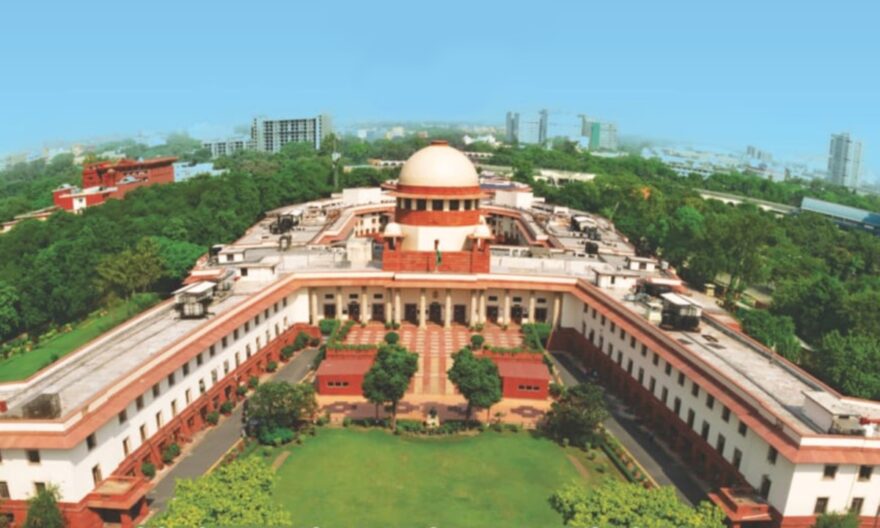
The Supreme Court in the case Vishwanath Pratap Singh vs Election Commission of India observed that the right to contest an election is not a fundamental right but only a right conferred by a statute.
The bench comprising of Justice Hemant Gupta and the Justice Sudhanshu Dhulia observed while dismissing a Special Leave Petition filed by Vishwanath Pratap Singh that an individual cannot claim that he has a right to contest election and the said stipulation violates his fundamental right, so as is required under the Act, to file his nomination without any proposer.
Also, the court imposed a cost of Rupees one lakh on Singh.
In the present case, Singh had first approached the Delhi High Court challenging a notification issued by Election Commission of India for election to Rajya Sabha after he was not allowed to file his nomination without a proper proposer being proposing his name. His contentions were rejected by the High Court that his fundamental right of free speech and expression and right to personal liberty has been infringed.
While dismissing the SLP, the Apex Court observed that the writ petition before the High Court was entirely misconceived.
The bench observed while referring to earlier judgments viz Javed v. State of Haryana, (2003) 8 SCC 369 and Rajbala v. State of Haryana (2016) 2 SCC 445 wherein it was stated that the right to contest an election is neither a fundamental right nor a common law right. It is a right conferred by a statute.
However, the Supreme Court in Javed (supra) had made the following observations: Right to contest an election is neither a fundamental right nor a common law right and it is a right conferred by a statute. At the most, in view of Part IX having been added in the Constitution of India that a right to contest election for an office in Panchayat may be said to be a constitutional right and a right originating in the Constitution and given shape by a statute. But even if, it cannot be equated with a fundamental right. It is stated that there is nothing wrong in the same statute which confers the right to contest an election also to provide for the necessary qualifications without which a person cannot offer his candidature for an elective office and also to provide for disqualifications which would disable a person from contesting for, or from holding, an elective statutory office.
It was held in Rajbala (supra) that the right to contest for a seat in either of the two bodies is subject to certain constitutional restrictions and could be restricted further only by a law which the parliament made.
Further, the court added that Singh did not have any right to contest election to the Rajya Sabha in terms of the law made by the Parliament.
The Court stated while dismissing the SLP that the Representation of People Act, 1950 read with the Conduct of Elections Rules, 1961 has contemplated the name of a candidate to be proposed while filling the nomination form. However, it cannot be claimed by an individual that he has a right to contest election and the said stipulation violates his fundamental right, so as to file his nomination without any proposer as is required under the Act.




